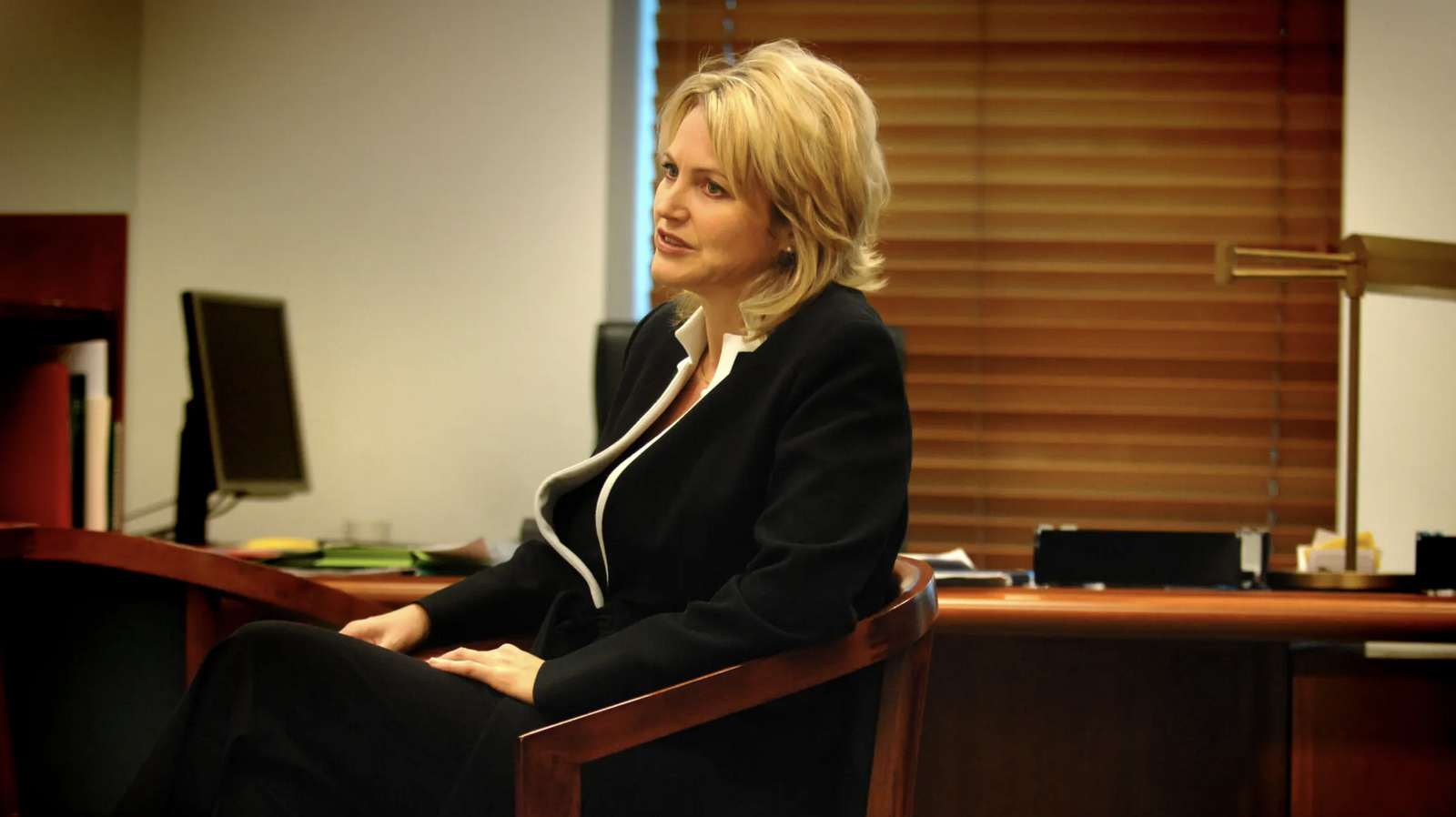Melissa Parke's decision to step aside from her Labor candidacy for the Perth seat of Curtin under pressure over criticisms of Israel exposes a perennial debate about what limits might be placed on such criticism.
Former Labor candidate Melissa Parke angered the Jewish community with her support for Palestine. Credit: Marina Neil
This is a vexed issue for politicians, journalists and commentators in particular. Too often, motives of those offering muted criticism are impugned, or misrepresented.
Too easily, sympathy for the plight of the Palestinians accompanied by an understanding of Israel's security concerns is mis-characterised.
No reasonable person can pretend other than that Israel is threatened on different fronts, and that on occasions, and perhaps too often, criticism of its actions reflects base prejudices.
However, it is ridiculous to suggest that well-informed criticism of Israel's settlement policies, for example, or its nation state law that creates two classes of citizens, is born simply of prejudice.
Sadly, and too conveniently, a charge of anti-Semitism is used to stifle reasonable criticism, and, yes, to intimidate those who would question Israel's actions.
Melissa Parke, whose sympathy for the Palestinians is well documented, is the latest casualty, leaving aside the truth.
In an opinion piece in Sydney's Daily Telegraph, Jeremy Leibler, the president of the Zionist Federation of Australia, likened criticism (ill-defined) of Israel to a "new anti-Semitism".
"Disguising itself as anti-Zionism, the new anti-Semitism uses criticism of Israel as a Trojan horse to perpetuate age-old stereotypes about Jews under a quasi-intellectual cover," Leibler wrote.
I reached out to Leibler to ascertain what criticism of Israel might be acceptable in the interests of enabling reasonable discussion about Israel's treatment of the Palestinians, and its attitudes more generally to the peace process.
He did not respond.
This is the simple question I would have posed. Where are the boundaries between acceptable criticism of Israel's behaviour, and criticism that might be interpreted as prejudiced?
In contrast with the United States, among constraints on a balanced discussion in Australia of the Arab-Israel issue is that liberal Jewish voices in Australia are barely heard. This inevitably skews the public debate in favour of an Israel "right or wrong" position and in turn, leaves non-Jewish writers about the Middle East exposed.
This is the hostile environment described by John Lyons in his book Balcony over Jerusalem: A Middle East Memoir.
In an interview with the Jerusalem Post, Leibler alluded to contrasts between American and Australian Jewry in attitudes to Israel, in which the Australian version is more accepting, less critical, of Israel's actions.
"Leibler noted that among Australia's 120,000-strong Jewish community, unlike in the United States, differences people may have with the policies of the Israeli government … have not ‘developed into fundamental shifts in the relationship between Australian Jewry and Israel'," the Jerusalem Post reported.
At this point, I should declare a personal interest. In 1984 I went to the Middle East as correspondent for Fairfax newspapers and the Financial Times.
In 10 years as Middle East correspondent my beat included Israel and the occupied Palestinian territories.
During those years, I observed the spread, day-by-day, week-by-week, month-by-month, of Jewish settlements on land occupied in the 1967 war. In the half century since the Six Day War, 400,000 settlers have, for want of a better word, colonised sections of the West Bank.
Much has been made of Melissa Parke's alleged malign intent in her recounting of an incident in which a Palestinian woman was forced at a checkpoint to drink a receptacle of bleach. I have absolutely no idea whether this story can be corroborated, but it is the case that Palestinians under occupation are subjected on a daily basis to humiliations and mistreatment by the occupiers.
As I write, several other West Australian Labor members of parliament are under pressure over comments critical of Israel. This is a reminder, if needed, of the potential for eruptions within Labor ranks of the Israel issue if it wins government.
At its national conference in November, delegates called for the next Labor government to recognise the "right of Israel and Palestine to exist as two states within secure and recognised borders" and for the "next Labor government to recognise Palestine as a state".
However, this recognition would not be automatic. It would be left to a future Labor cabinet. In light of that, those in Labor who pushed for the resolution will be interested in Jeremy Leibler's observation in his Jerusalem Post interview that a "lot of work went on behind the scenes … to ensure the resolution would be non-binding".
In other words, it would be watered down.
Leibler went on to describe Bill Shorten as a "good guy who has strong links to the Jewish community" and in the event of a "resounding win" would be in a position to "have leverage" on these issues.
Make of that what you will, but it certainly doesn't sound like Shorten will be joining Melissa Parke on the barricades in defence of Palestinian rights.
